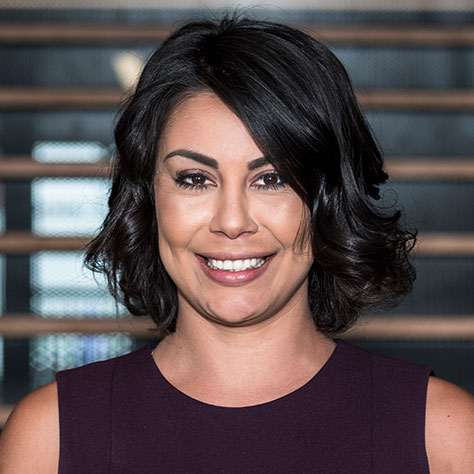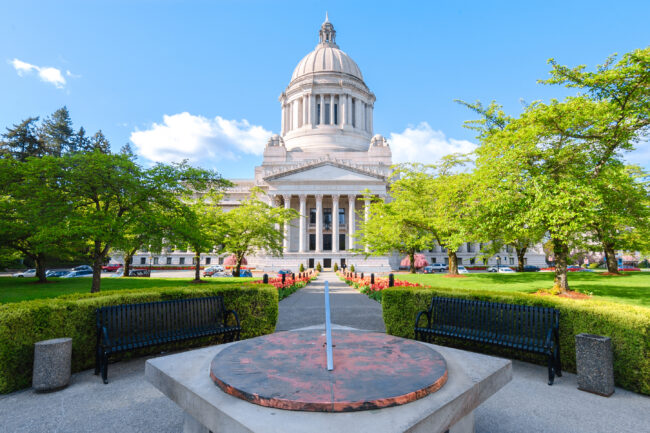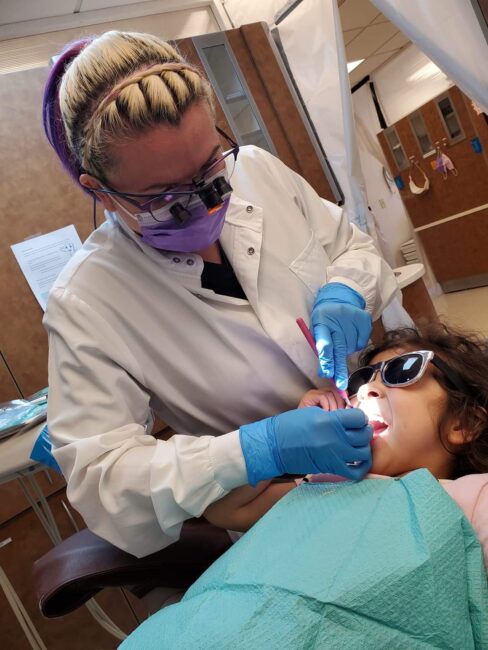
Celebrate National Native American Heritage Month.
Arcora Foundation is proud to honor Indigenous people across the region and their enduring legacy. As we continue to celebrate National Native American Heritage Month, we uplift the voices of our Native partners who strive to improve oral and overall health in their communities.
By Angela Johnson
My name is Angela Johnson, my ancestral name is Tat-Sem-Maat. On my dad’s side of the family, I am Lummi and Quinault from my grandfather and Tsawwassen First Nations from my grandmother. My mom is non-native.
I am a dental therapist for my tribe—Lummi Nation—here in the beautiful Pacific Northwest. A dental therapist is a mid-level dental provider—like a physician’s assistant in medicine. I provide preventive and routine dental care—such as completing sealants and restorations. I can perform simple extractions—under the supervision of a dentist or when agreed between the supervising dentist and dental therapist— under indirect supervision. I also attend our tribal school and complete procedures there. My profession helps expand access to care to people and areas in need.
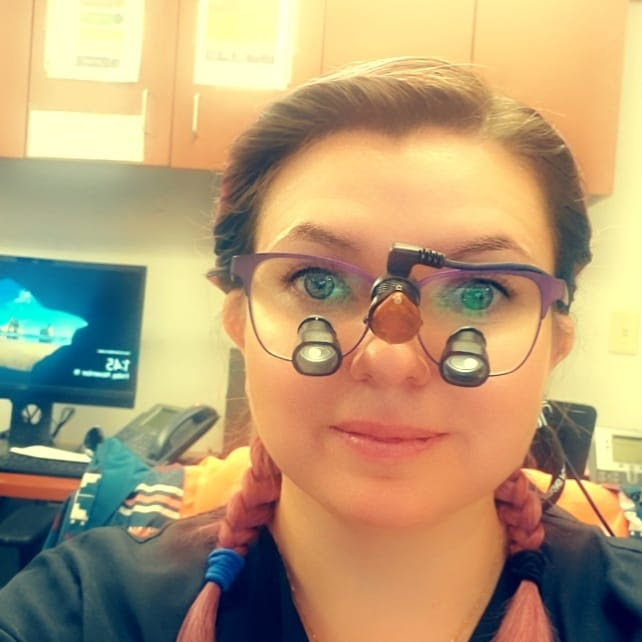
Angela at work in her dental clinic.
I love working in my community because I get to see a lot of my family—nieces, nephews, aunties, uncles, and too many cousins to count. We are a small population—Lummi Nation itself serves about 6,000 people—but that makes us a big family. My relationships with my patients are unique in that way. Everyone knows everyone.
When family members come for a dental visit and know they are seeing me, they are happy they can be with someone they know who truly cares about their oral health and is passionate about improving their quality of life. A nephew of mine came in for a filling with our pediatric specialist. He had a tough time cooperating. When I asked if he wanted to do his entire appointment with me, he nodded yes. When he came back for his next visit, we were able to numb him, remove caries—tooth decay—and do a filling. When things like this happen, it makes my job worthwhile. I have done a few more fillings with him, and his approach to the appointments has been much better.
Angela treats a patient.
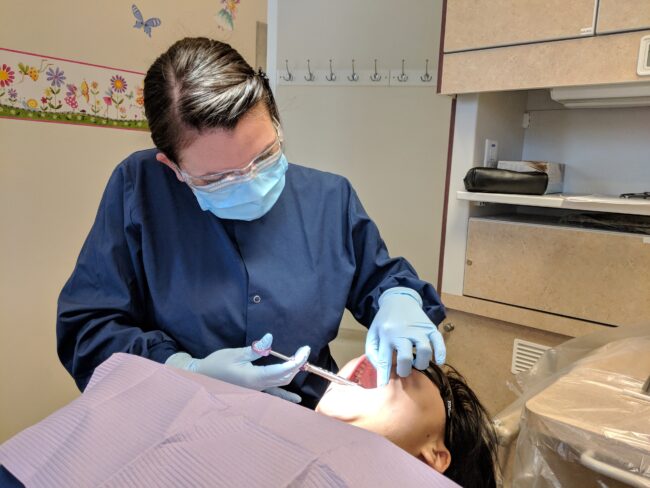
A lot of my adult family members refused to come back to Lummi Dental due to past trauma from a dentist who had a bad reputation throughout the tribe. Unfortunately, this is common for tribal clinics in the U.S. Our reservations are underserved and usually rural. Some do not even have running water. When providers are hired to work for our tribes, they are not used to this type of situation and population. We have a higher turnover rate as a result.
When asked, “What do you do?” Simply put, I say I do my best. This work to provide my tribal community—people with the same background and from the same conditions as mine—with quality dental care means so much to me. One single visit can be so impactful, positively or negatively, and determine whether a patient comes back to my office or a dental office in general. Oral health affects self-esteem and overall health. Improving my community’s—my family’s—oral health definitely drives me to do my best and continue to deliver excellent care and education.
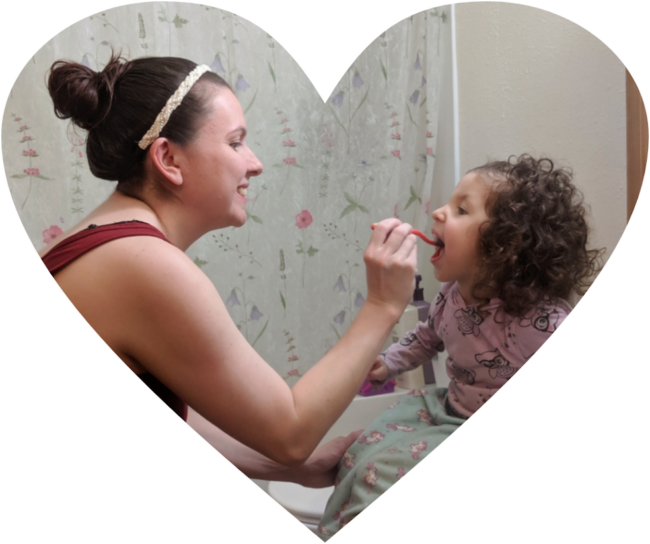
Angela helps a younger patient with proper brushing technique.
Organizations like Arcora Foundation play such an important and meaningful role for me and my position. Arcora advocates for better oral health for communities with disparities. They have supported us with funding for minimally invasive dentistry. This innovative approach to care tries to preserve the tooth and remove as little tooth structure as possible. They have helped with funding to travel for professional development opportunities and for prizes and supplies—oral hygiene kits, dry mouth supplies, sugar free options—for events. Arcora is a one-of-a-kind organization that makes a huge difference in oral health care. They truly understand and agree dental therapists are the innovative change needed in dentistry.
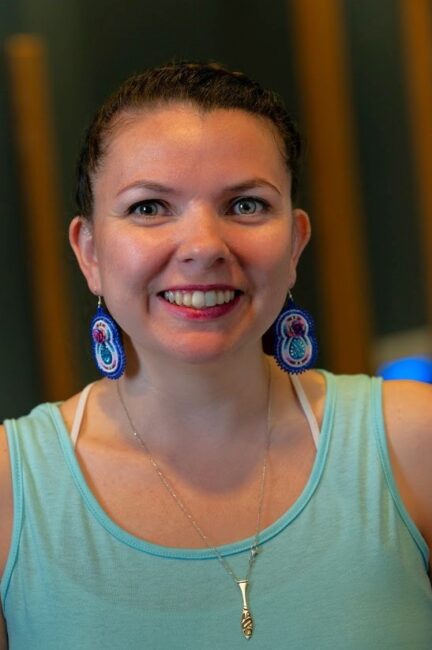
Angela Johnson is a dental therapist at Lummi Nation.
We can’t do this work without you. Advancing oral health requires public and private partnerships, policy advocacy, and funding. Join us in our mission to bend the arc of oral health toward equity. Learn more and contact us at info@arcorafoundation.org.

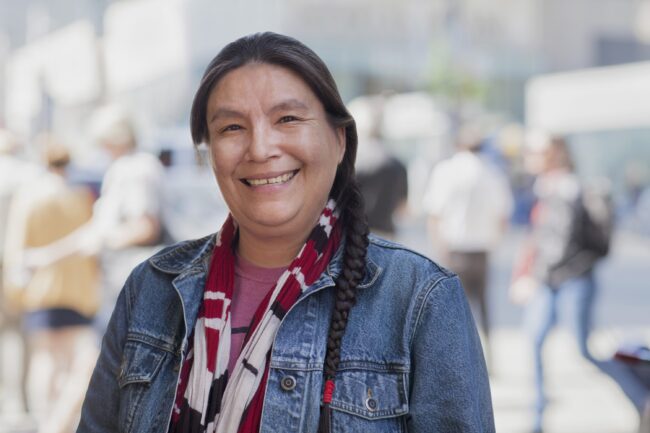
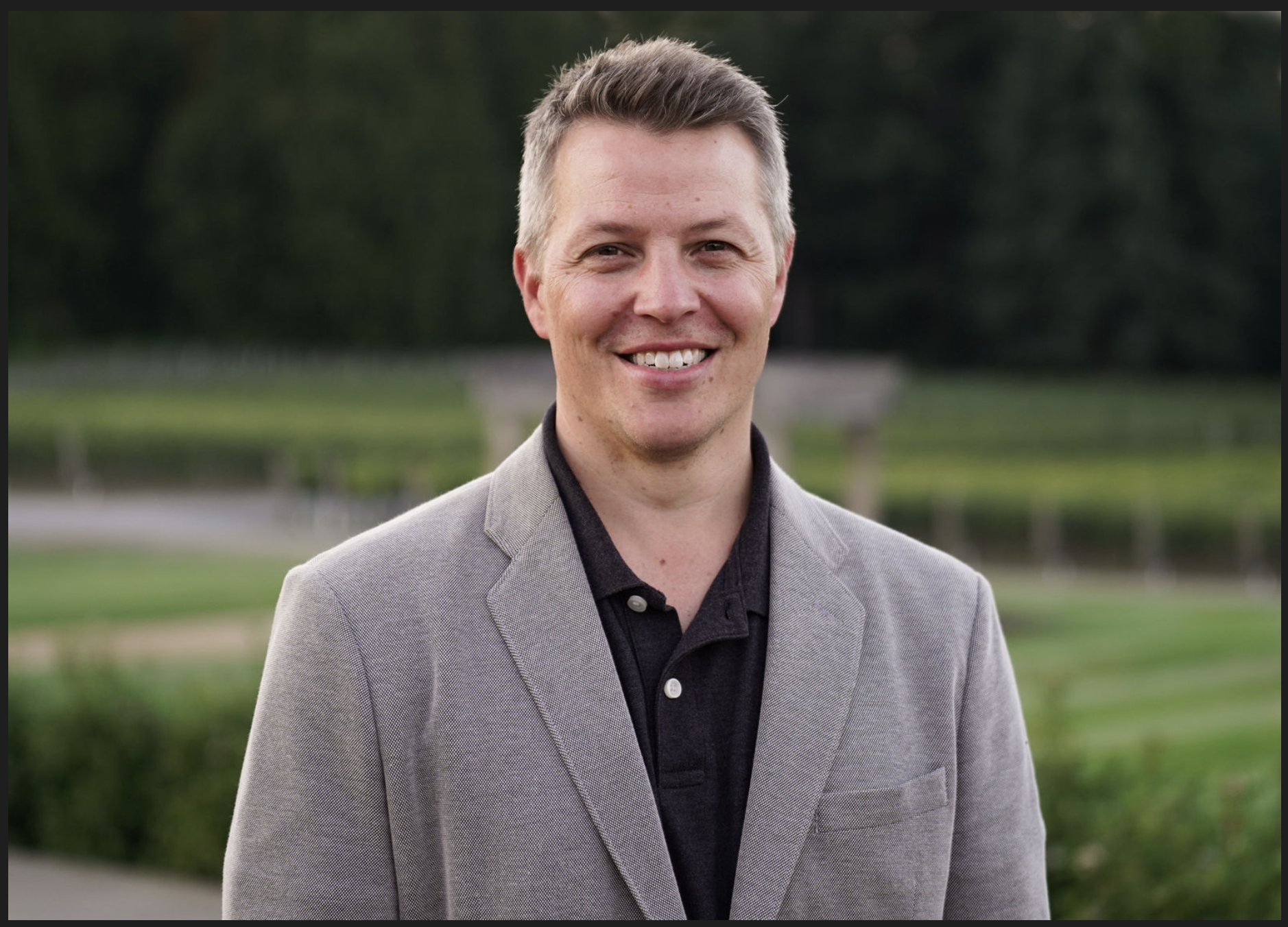

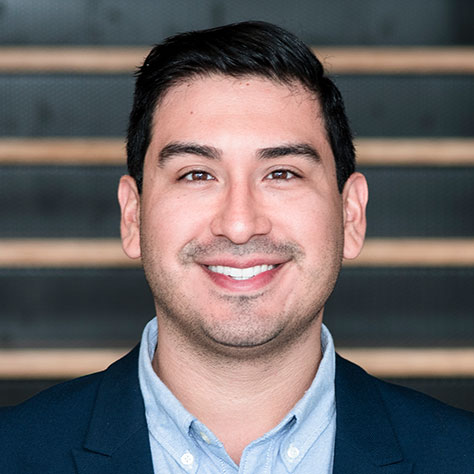 Matt Gonzalez
Matt Gonzalez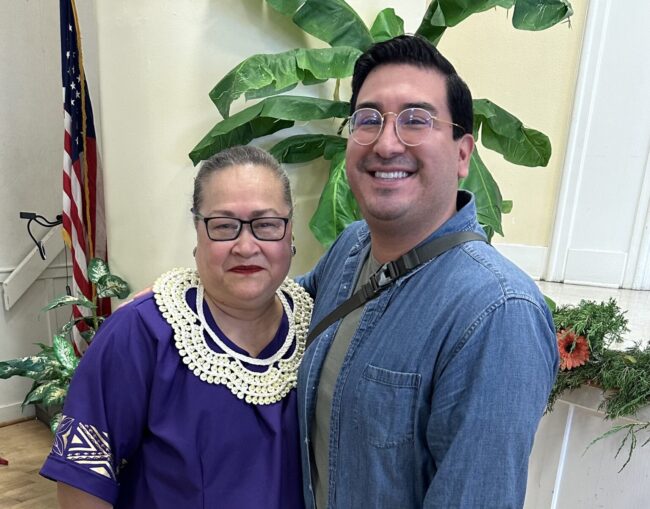
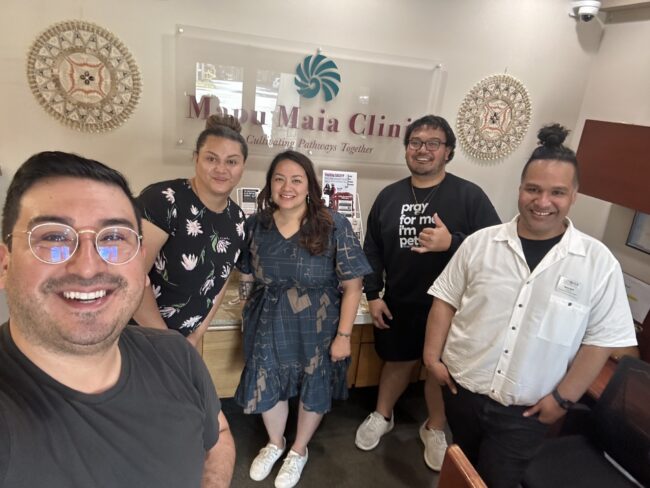
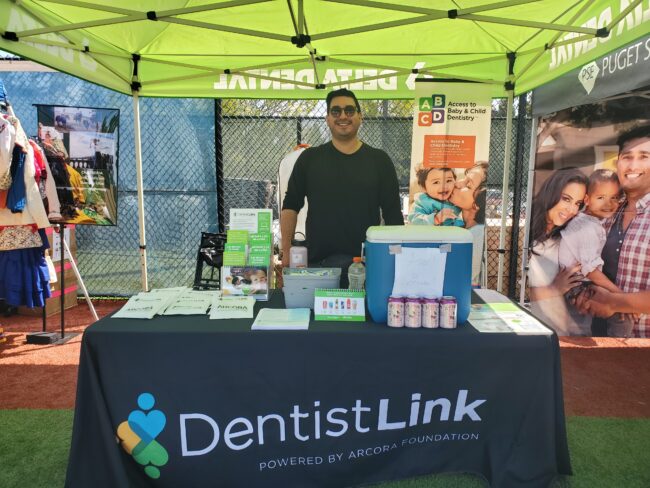
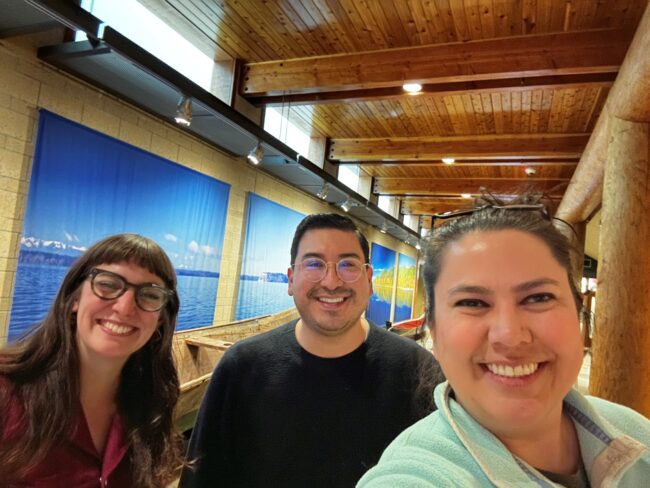
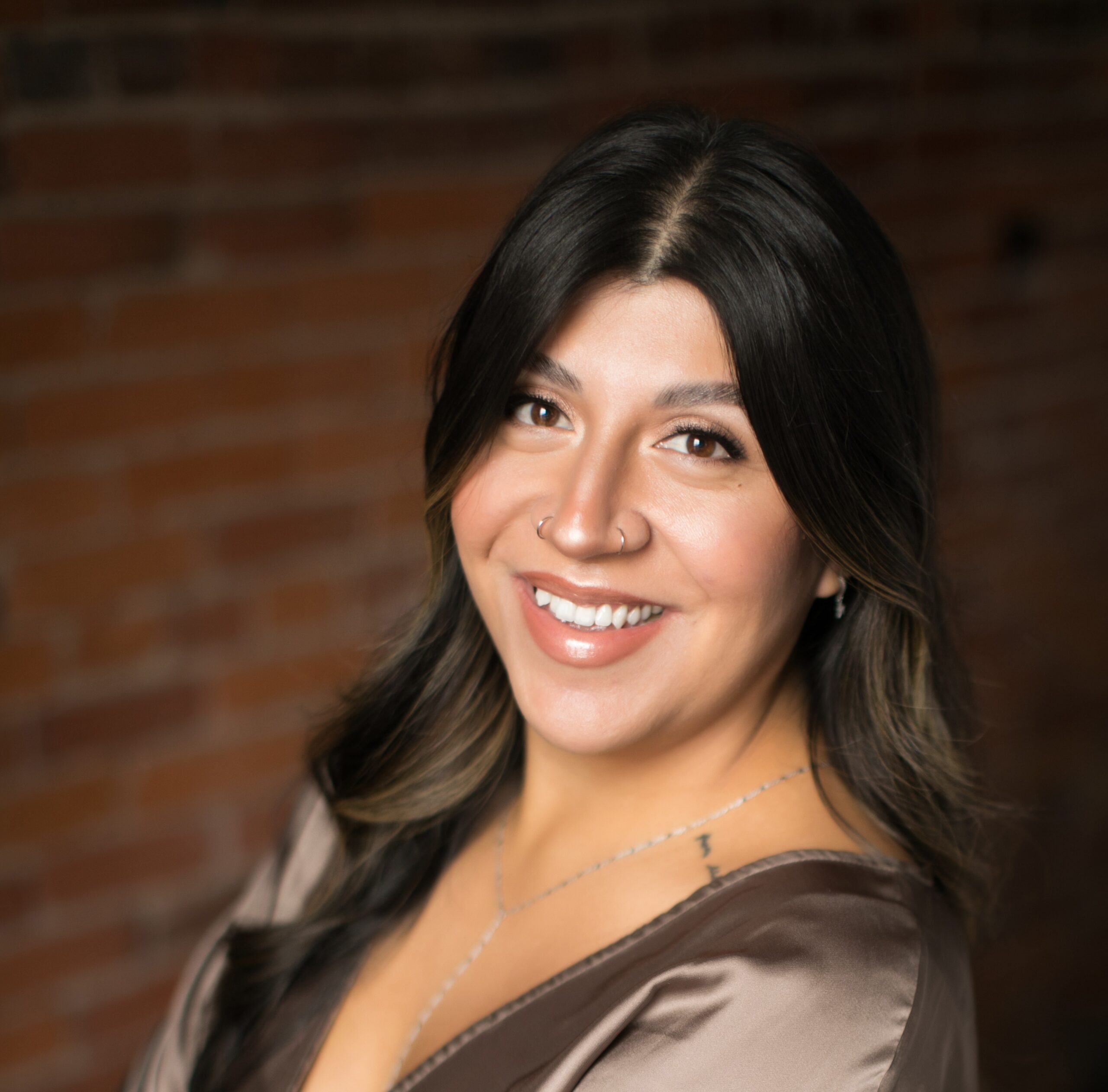 Melissa Martinez
Melissa Martinez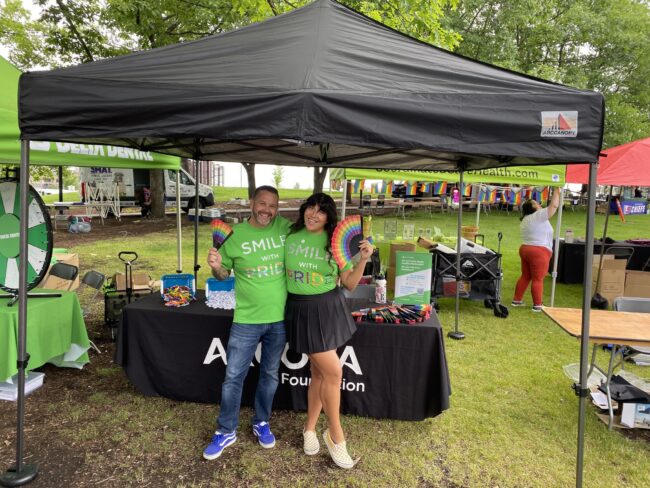
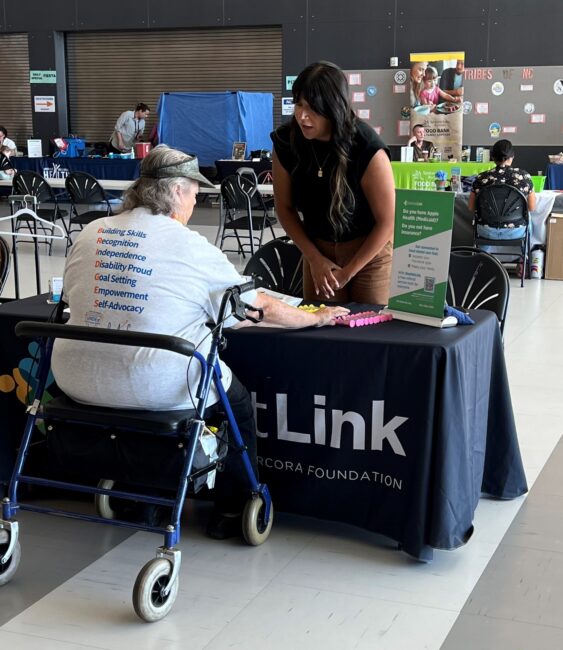
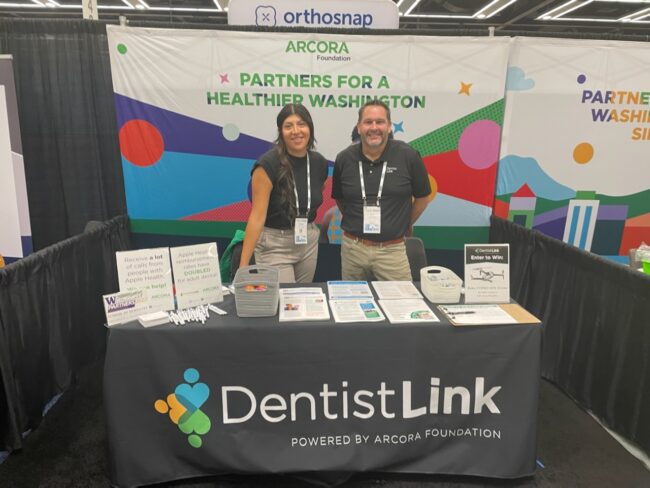
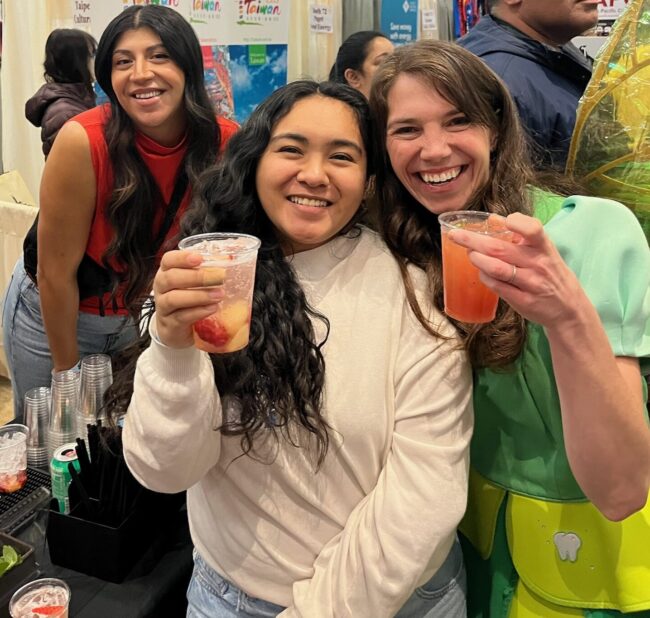
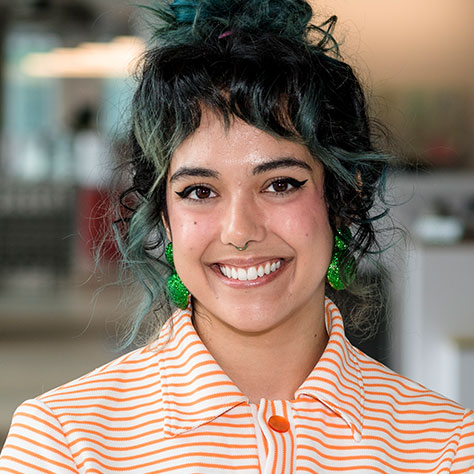 Konstanza Von Sternberg
Konstanza Von Sternberg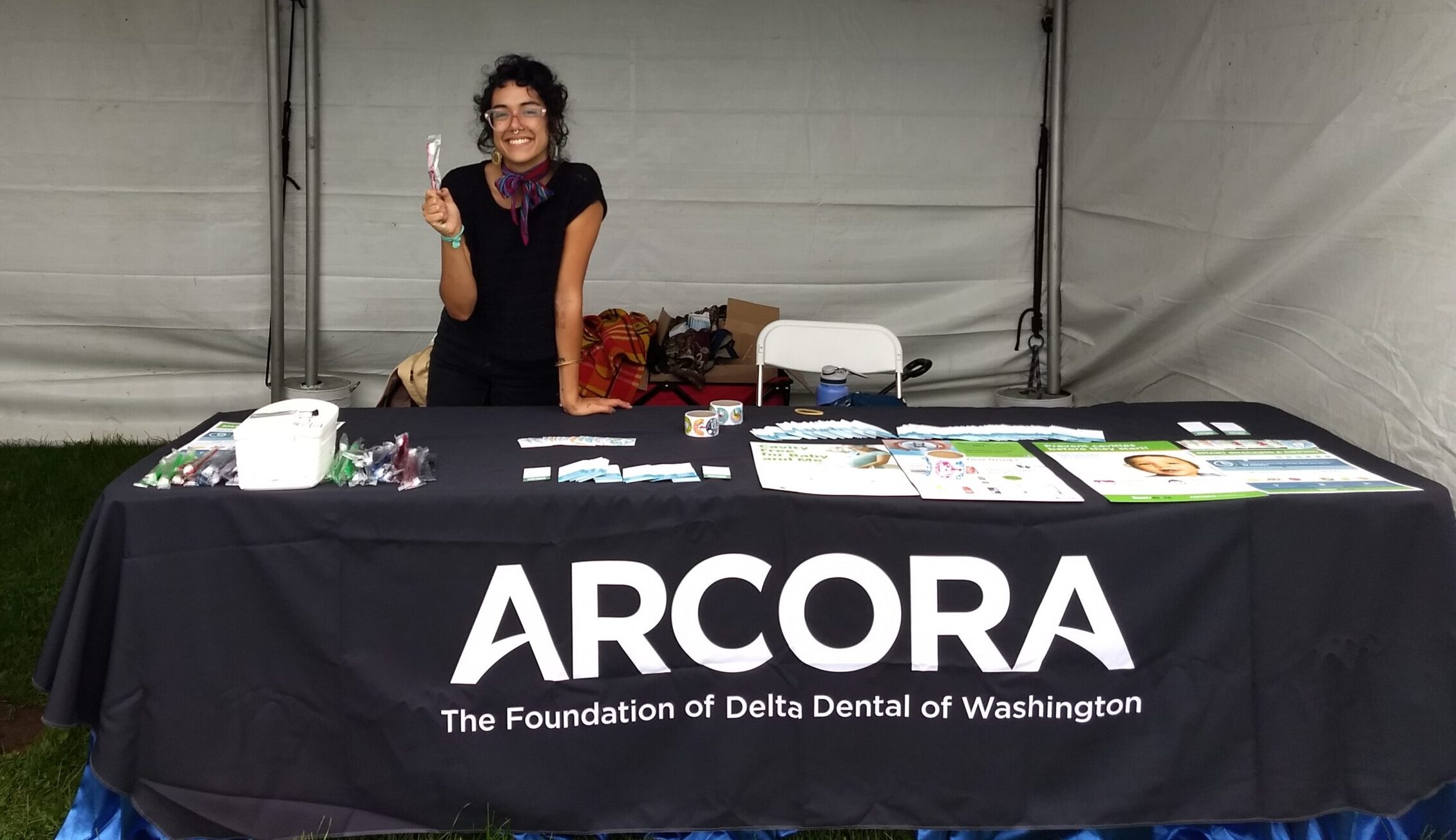 Fiestas Patrias 2020.
Fiestas Patrias 2020.
